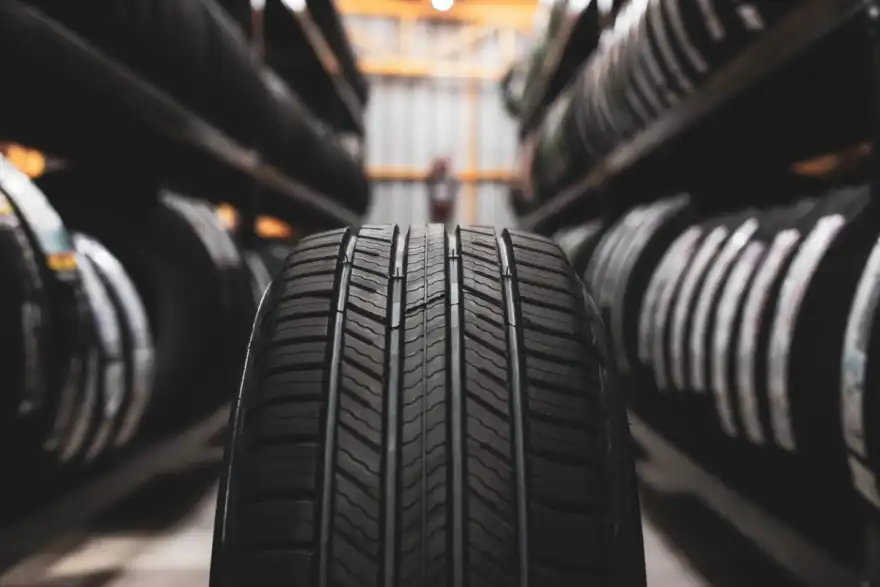
Drivers in the EU can now buy tyres with confidence, knowing they’ll meet regulatory performance standards for wet weather braking, even when worn down to the legal minimum tread depth.
Thanks to the new EU regulation (R117-04), tyres sold across Europe must be tested to ensure they meet the same minimum wet weather braking requirements at the legal tread depth of 1.6mm as they do when new. Previously, regulations only required testing for new tyres.
Although the UK hasn't yet mandated this new standard, UK drivers will still benefit as manufacturers supply standardised products across all markets.
This regulation isn't just about safety. The EU also aims to reduce the environmental impact of prematurely scrapping or recycling tyres. The idea is that if consumers trust their tyres’ performance at lower tread depths, they’ll be less likely to replace them early.
According to Michelin, 50% of car tyres are currently replaced before reaching a tread depth of 3mm, well above the legal minimum of 1.6mm. Michelin estimates that the new regulation could reduce tyre consumption in Europe by 128 million units, lowering CO2 emissions by 6.6 million metric tonnes.
If adopted globally, the impact would be even greater. Michelin predicts 400 million fewer tyres would be needed annually, reducing CO2 emissions by 35 million metric tonnes, equivalent to six months of New York City’s emissions.
It’s unclear if this increased performance requirement will raise tyre costs for consumers. However, a 2017 Ernst & Young report suggested that longer-lasting tyres could save consumers 7 billion euros (£5.9 billion) annually.
A spokesperson for the Department for Transport said that a decision on the UK mandating UN R117-04 has yet to be made, despite British involvement in developing these UN regulations now adopted by the EU.
“As they [the regulations] apply after the 31 December 2020 they were not retained and so meeting those requirements is currently optional for vehicles sold in Great Britain,”
“Currently tyres are obliged to meet UN R117-02, however tyres meeting the latest R117-04 standards are also accepted.”
That said, anyone buying tyres in the UK with EU labels should benefit from the new regulation, provided the four-digit age code on the tyre indicates recent manufacture.
However, getting EU labels isn’t guaranteed post-Brexit, as many tyres now come with a UK label. Even so, new tyres from major manufacturers sold in the UK are unlikely to differ from the new EU spec, even if they carry the older British labels.



